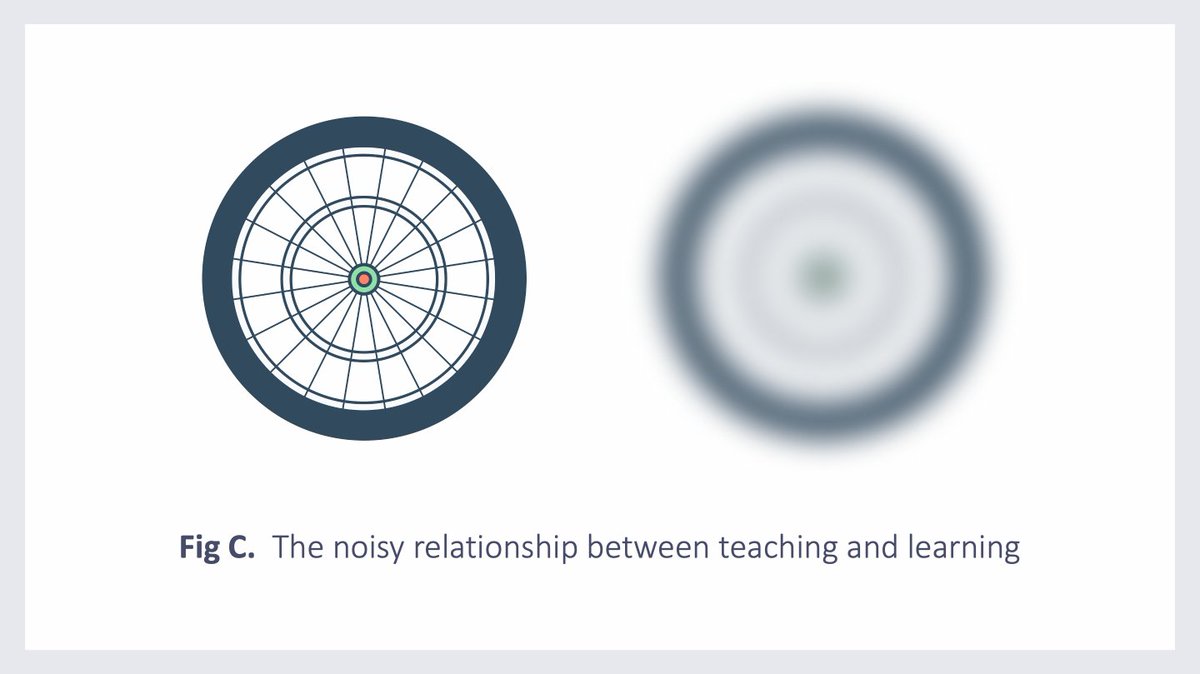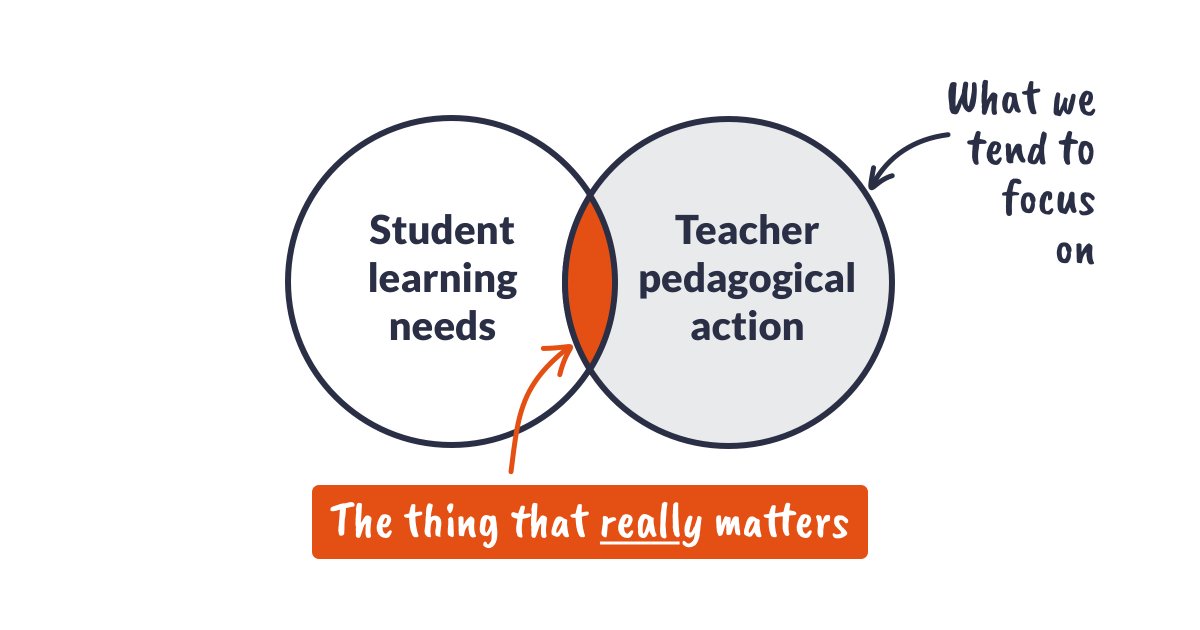🧵THREAD...
For those who can't make it to my #rED21 session tomorrow, here's the ultraconcise version:
For those who can't make it to my #rED21 session tomorrow, here's the ultraconcise version:
Of course, the reality is *way* more complex... seven images can only go so deep.
For folks interested in the full, complex and nuanced version, you're going to have to wait for the book (which you can PRE-ORDER FOR ONLY £5! ⤵️)
amazon.co.uk/dp/B08HT568NW
For folks interested in the full, complex and nuanced version, you're going to have to wait for the book (which you can PRE-ORDER FOR ONLY £5! ⤵️)
amazon.co.uk/dp/B08HT568NW

• • •
Missing some Tweet in this thread? You can try to
force a refresh
















